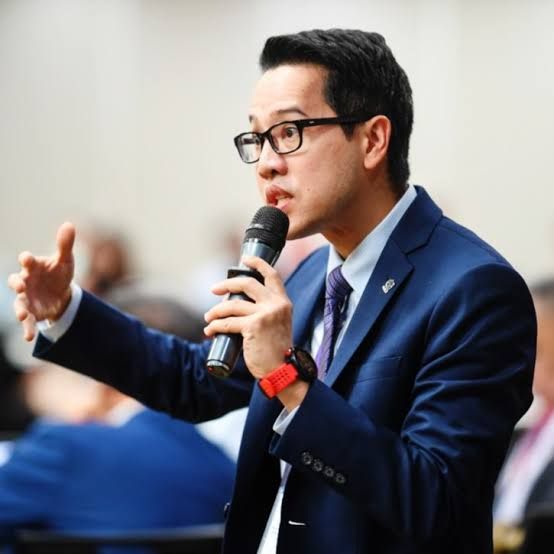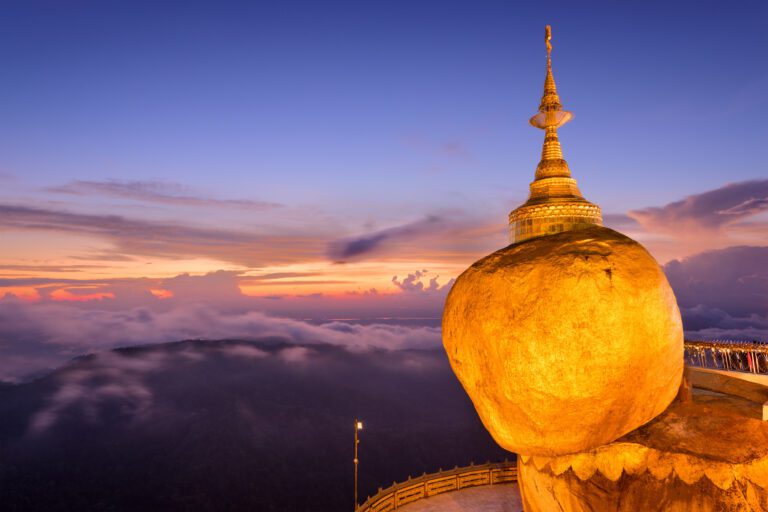In Sihanoukville’s Jin Bei Casino & Hotel, young Cambodian women wearing tight mini-skirts swerve through the thick cigarette smoke, carrying turquoise cocktails for Chinese gamblers. A dozen croupiers work the room, picking up thick wads of notes from the players and converting them into plastic tokens. “I earn $500 per month,” says one croupier — a small fortune in a country where the minimum wage is just $170 a month. Most players here are betting big, with the smallest token worth $100.
Once a quiet seaside haven for backpackers, Sihanoukville has morphed into a giant construction site in the past three years. Cranes dot the skyline, roads have become muddy potholed lanes and jackhammers resonate late into the night. Many of the new buildings are casinos. The province hosting the city on Cambodia’s south coast now boasts 88 of them, compared to 15 in late 2015.
Most of this activity is due to Chinese developers, says Astrid Noren-Nilsson, a Southeast Asian studies expert from Lund University in Sweden. “An estimated 90% of businesses in Sihanoukville, including hotels, restaurants and entertainment establishments, are now owned by the Chinese,” she says.
Many building fronts in Sihanoukville are now covered in Chinese characters. On the beachfront, Sichuan hotpots have replaced plenty of the 50-cent beer joints beloved by Western travelers.
This has had far-reaching consequences for locals, squeezing their income from traditional backpacker tourism channels, pushing some into dangerous jobs on construction sites and bringing a thriving casino industry to the city, which has caused many residents to lose their homes.
By transforming Sihanoukville into a casino mecca, Cambodia hopes to rival other Asian gaming hubs like Macao, Singapore and Manila. Gambling is illegal for locals since 1996. So the city hopes to attract Chinese tourists, who are not allowed to gamble in their home country. Despite a recent crackdown on online gambling, they are coming in droves.
“It is extremely easy to obtain a casino license in Cambodia,” says Ben Lee, the founder of IGamiX, a Macao-based consultancy firm focused on the gaming industry in Asia. “To get one, all you need is to prove you have a parcel of land and to pay an application fee to the Cambodian ministry of finance, which is in charge of overseeing casinos.”
Casino operators here aren’t required to check their customer’s identity or verify the origins of their funds, according to several industry experts. Earnings from gaming are not taxed, although the government collects a monthly fee from bigger casinos and a fixed levy on each table and slot machine from smaller ones, Lee adds.
A new gaming law, which Cambodia plans to publish next year, would introduce a 4% to 5% levy on casino revenue. In Macao, it is 38% to 39%.
Read the full article at CNN Travel: https://edition.cnn.com/2019/10/04/asia/cambodia-chinese-investment-intl-hnk/index.html





